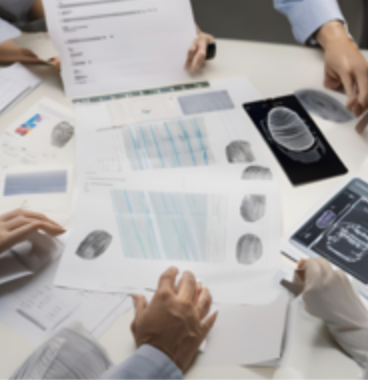Showing 1 to 15 of 2367 results

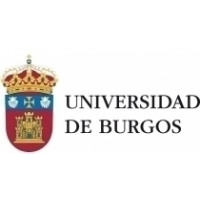
On Screen Interface Software
Patents for licensing UNIVERSIDAD DE BURGOS![Vibration-Assisted ball burnishing. A solution for Surface enhancement through acoustoplasticity An innovative system to modify th[…]](https://static8.innoget.com/uploads//ca9beabda95db1c68f98b1fcfb223209c0b36738.png)

Vibration-Assisted ball burnishing. A solution for Surface enhancement through acoustoplasticity An innovative system to modify th[…]
Patents for licensing Universitat Politècnica de Catalunya - UPC

PHOTOBIOCURE – injectable implants for soft tissue repair
Innovative Products and Technologies POLTISS
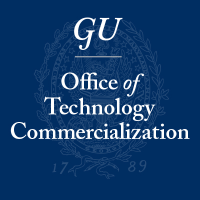
Next-Generation Anti-Fungal Agents Targeting Candida Infections
Innovative Products and Technologies Georgetown University

New Galvanized steel pallet. Unique and made in Canada.
Innovative Products and Technologies Palac Industries

Innovative procedure for obtaining cutin using ultrasounds
Patents for licensing Universidad de Alicante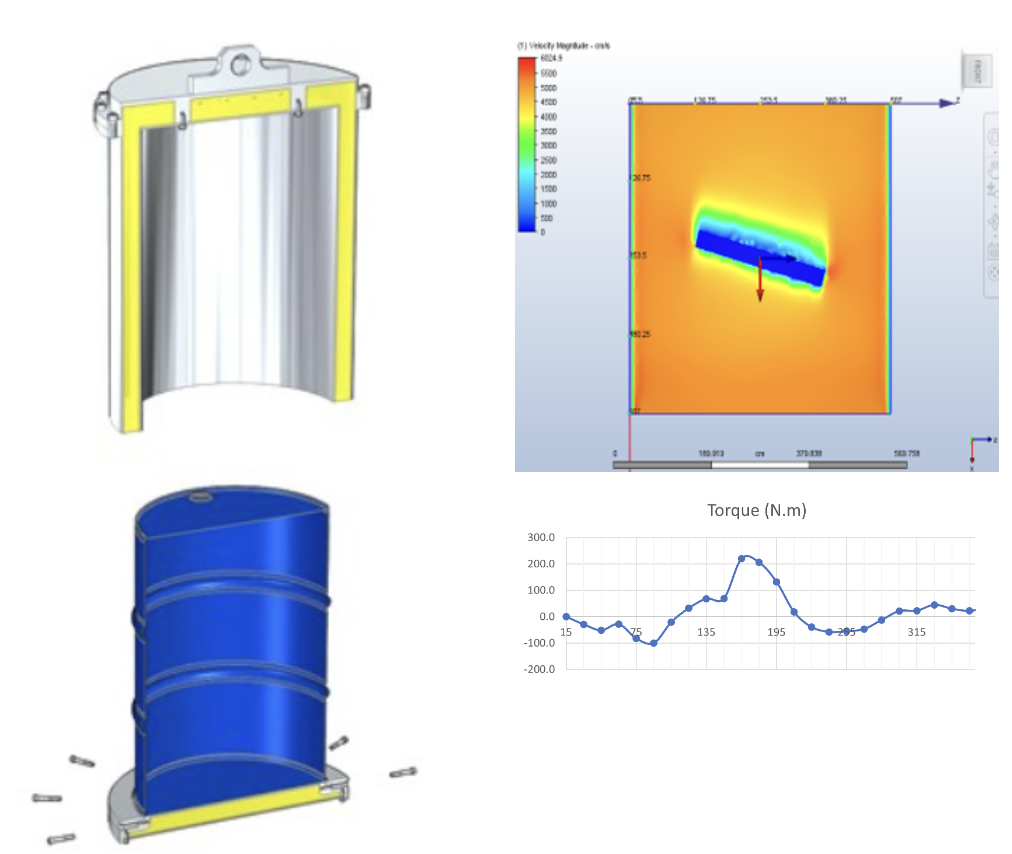

Computational Fluid Dynamics, Fluid Mechanics and Thermo-Fluid Simulation and Modelling
Innovative Products and Technologies Equitus Design Engineering and Innovations Limited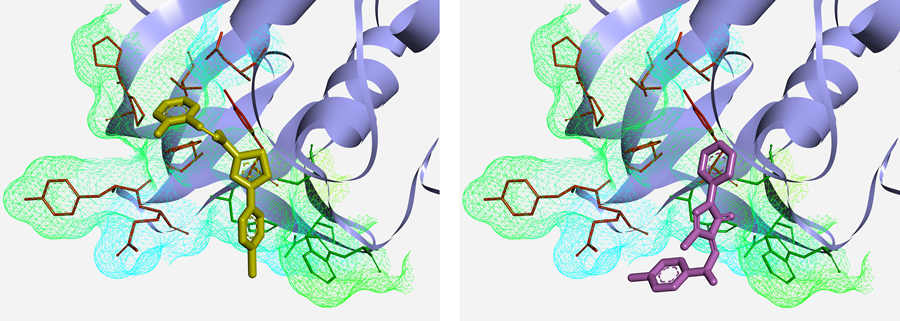

SARS-CoV-2 Papain-like Protease Targeted Library
Innovative Products and Technologies Otava Research Institute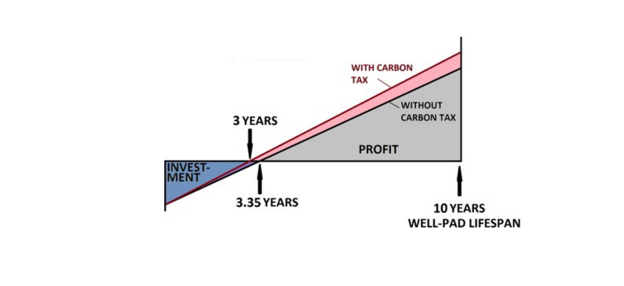
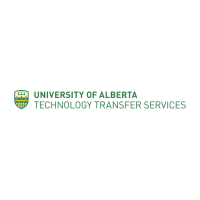
ELECTRICITY GENERATION FROM POST-BLOWDOWN STEAM ASSISTED GRAVITY DRAINAGE
Patents for licensing University of Alberta, Technology Transfer Services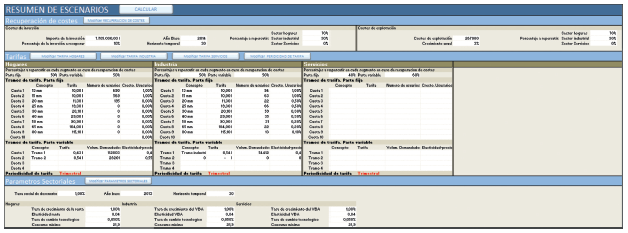
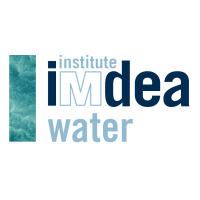
Tool for analysing and forecasting demand and prices for urban use water services
Innovative Products and Technologies IMDEA Water Institute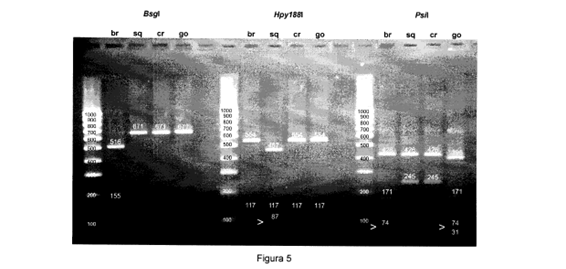

Procedure for the genetic identification of the european spices of the maja genero
Patents for licensing CINBIO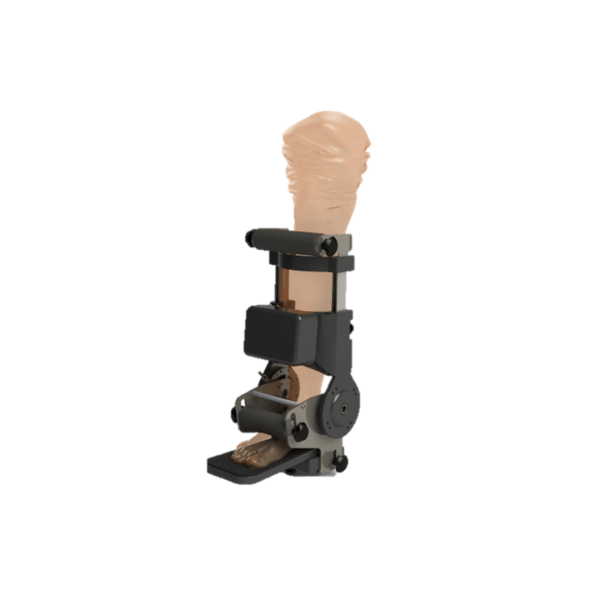
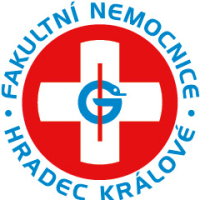
Muscle Strength Measuring Device
Innovative Products and Technologies University Hospital Hradec Králové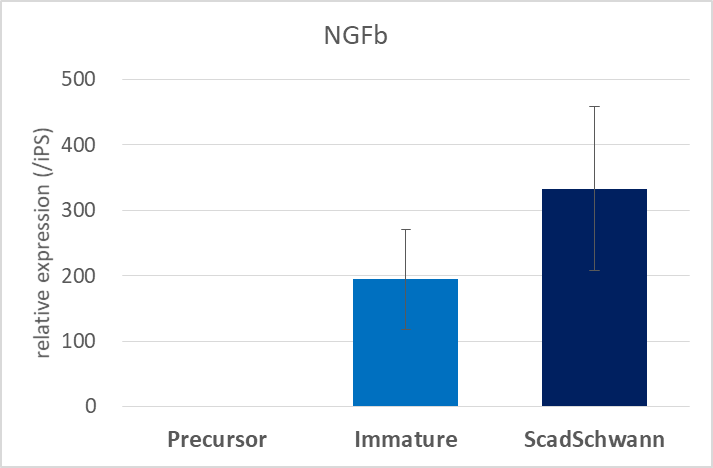
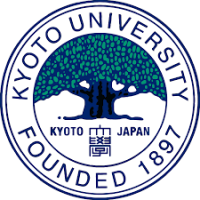
Repair of Nerve Injuries by Schwann Cells Produced from Pluripotent Stem Cell Lines
Innovative Products and Technologies Kyoto University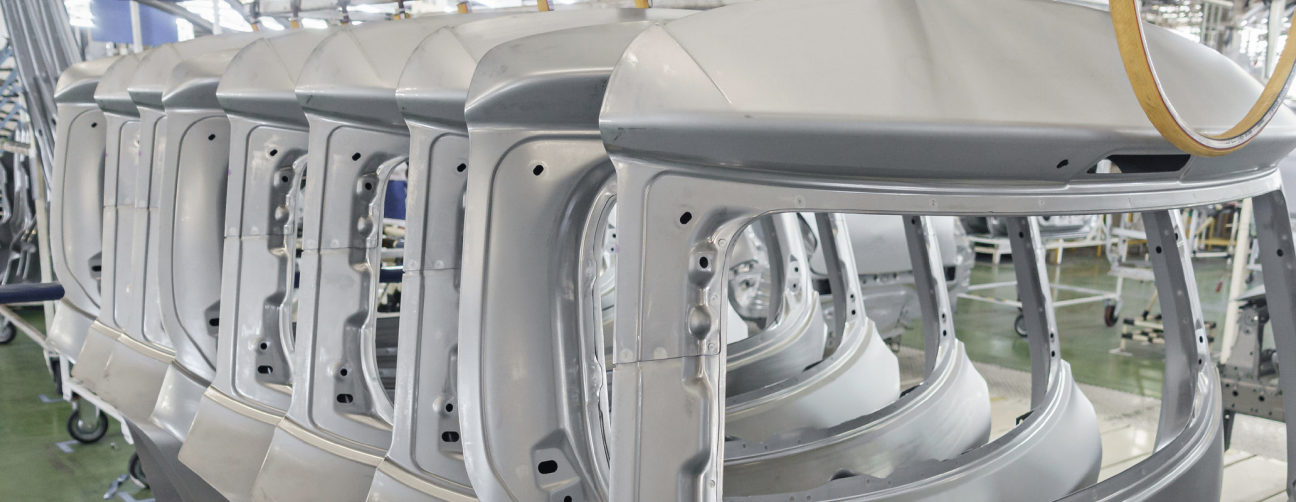
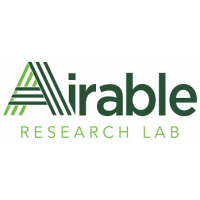
Soy- based Diallyl Ether Formulation
Innovative Products and Technologies Airable Research Lab, business line of Ohio Soybean Council